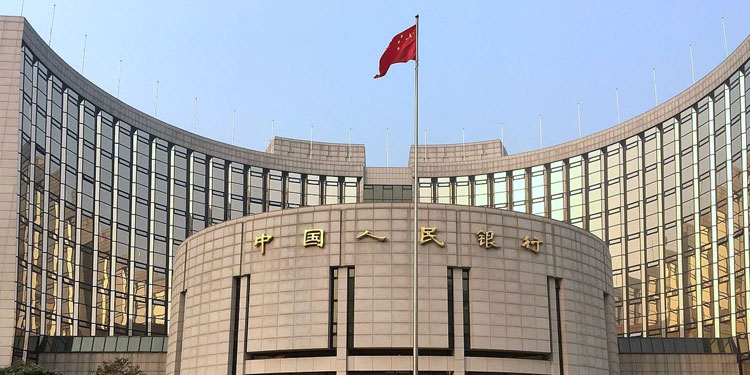 The Bank of China has carried out nearly 20,000 transactions via e-commerce firm JD.com in a test of China’s digital yuan. As per Global Times, JD.com stated that 80% of partakers whose date of birth is between 1980 and 1990 utilized the platform to carry out transactions in the digital currency from the end of Friday, with a minimum of one transaction greater than $1,527.
The Bank of China has carried out nearly 20,000 transactions via e-commerce firm JD.com in a test of China’s digital yuan. As per Global Times, JD.com stated that 80% of partakers whose date of birth is between 1980 and 1990 utilized the platform to carry out transactions in the digital currency from the end of Friday, with a minimum of one transaction greater than $1,527.
The e-commerce page also revealed the figures as Suzhou city carried out a practical testing of digital yuan during the “Double Twelve” shopping event that saw partaking from 10,000 physical vendor locations.
Suzhou is one among several cities that is participating in the trial to assess the benefits of central bank digital currency. In this regard, the municipal authorities of the city disbursed about 100,000 envelopes containing $3 million worth digital yuan to its residents, via a lottery process.
The details of free grant were sent in red colored envelopes, a customary way of delivering gifts in China. Back in October, Shenzhen city rolled out a comparable trial program to foster the digital yuan with a mass disbursement of $1.50 million worth digital yuan to 50,000 winners selected through a lottery process.
Cao Yin, managing director of the Digital Renaissance Foundation in Shanghai, said “In 2021, China will continue to look for more scenarios to test the digital yuan, but an extensive launch is still unlikely.”
He further stated the government of China would probably carry out controlled testing until government officers are absolutely sure that the digital yuan can be disbursed in a secure manner:
“We have only ourselves to compete with on this matter, and there’s no need to rush it.”
Back in April, the central Bank of China started piloting CBDC in Shenzhen, Chengdu, Suzhou and Xiongan. By November, over 4 million commercial transactions, valued at about $300 million, were successfully done under the trial.
The Bank of China, following the roll out of digital yuan trials, has stated that it would increase the number of cities which conduct trials such that it includes Tianjin and Beijing and also the nearby Hebei region. The bank may roll out the central bank digital currency before the February 2022 Winter Olympic Games to be held in Beijing.








